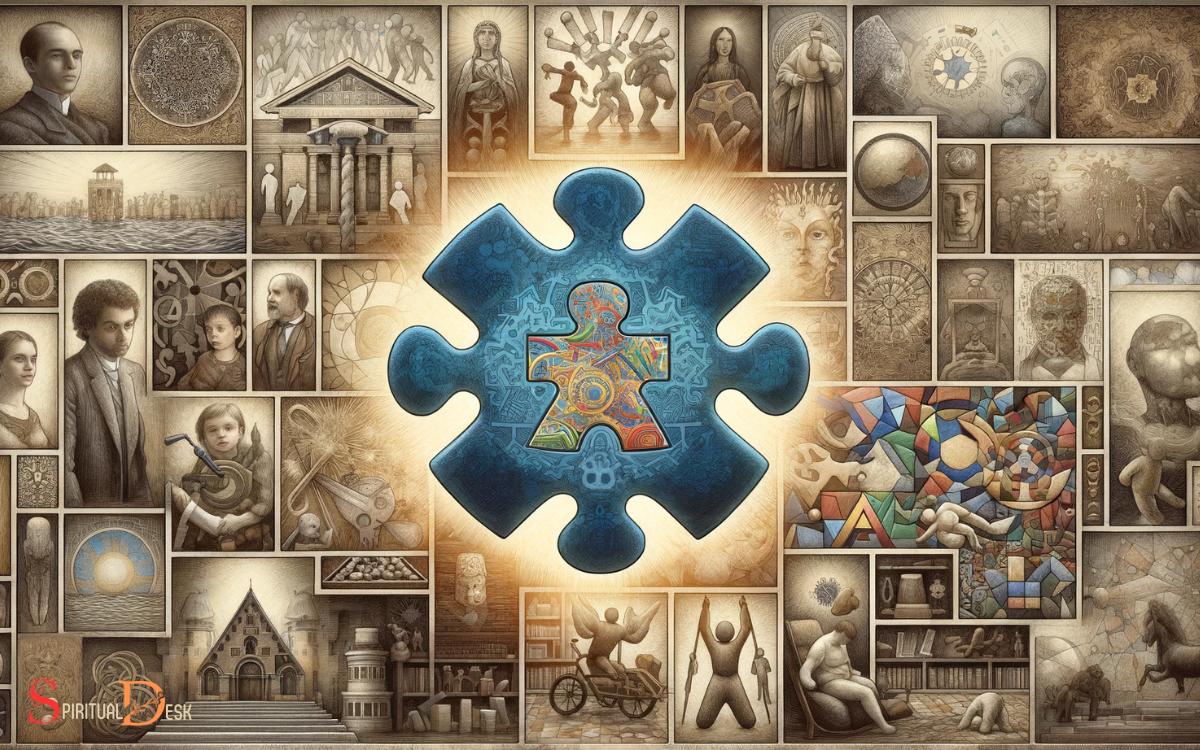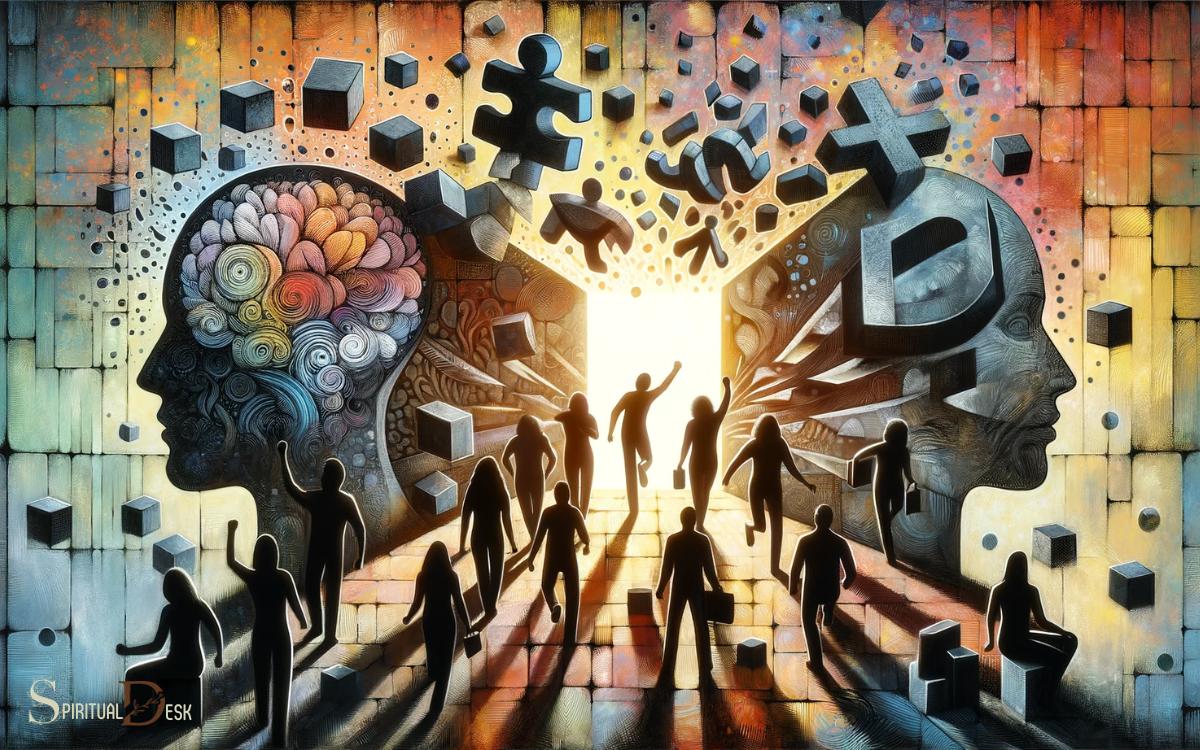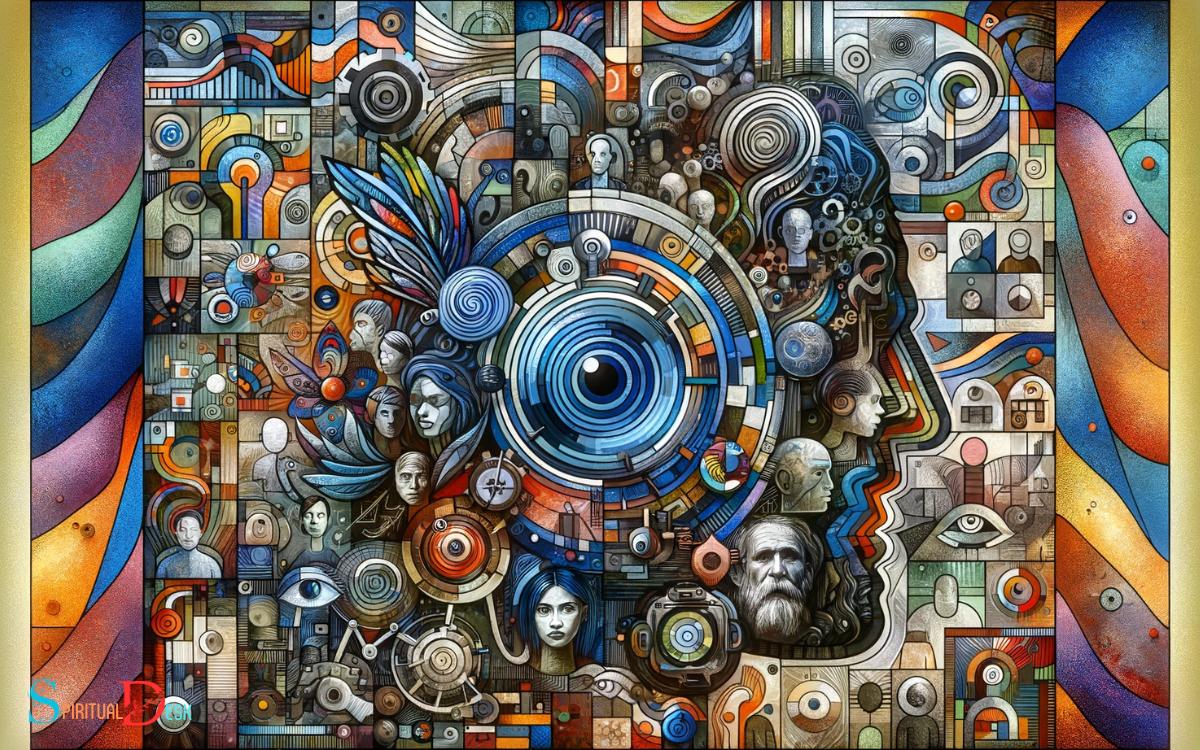Is Autism a Spiritual Problem? No!
No, autism is not a spiritual problem. Autism, or autism spectrum disorder (ASD), is a developmental disorder characterized by challenges with social skills, repetitive behaviors, speech, and nonverbal communication. It is a neurological condition that arises from differences in brain development.
Autism spectrum disorder is a complex condition with a range of symptoms and disability levels. While the exact cause of autism is still not fully understood, research indicates that genetics, prenatal factors, and environmental influences play critical roles.
There is a broad spectrum of severity in autism, with some individuals living independently and others requiring significant daily support. Autism is diagnosed based on observed behavior and developmental history.
Despite past misconceptions connecting autism with spiritual or supernatural causes, modern science does not support these beliefs.
Instead, it treats autism as a medical condition to be managed and supported through various therapies and interventions designed to improve the quality of life and developmental outcomes for those affected.

Key Takeaway
Examining the Connection Between Autism and Spirituality
| Aspect | Description | Relation to Spirituality |
|---|---|---|
| Definition | Autism is a neurodevelopmental disorder characterized by challenges with social skills, repetitive behaviors, speech, and nonverbal communication. | Not widely considered a spiritual problem. It is a medical condition with scientific explanations. |
| Causes | Autism has a variety of causes, primarily genetic factors, but also includes environmental influences. | Spiritual causality is not supported by scientific evidence. |
| Symptoms | Difficulties with communication, social interaction, and often a preference for routine. | Some spiritual beliefs may interpret symptoms differently, but these interpretations are not clinically upheld. |
| Treatment | Behavioral therapies, educational interventions, and sometimes medication. | Focus is on evidence-based approaches, not spiritual healing. |
| Perception | Some cultures or belief systems may view autism as a result of spiritual or karmic factors. | These views are not endorsed by the scientific community and can contribute to stigma. |
| Spiritual Support | Families and individuals may seek spiritual comfort or community support. | Spirituality can play a role in coping and support, but does not replace medical treatment. |
Understanding Autism From a Spiritual Lens

From a spiritual perspective, individuals with autism may experience unique challenges and opportunities for growth.
While their communication and social interaction may differ from the norm, their spiritual journey can be just as rich and meaningful.
For some, the repetitive behaviors and intense focus may provide a pathway to deep spiritual experiences, offering a different way of connecting with the divine.
However, the challenges of sensory sensitivity and difficulty with abstract concepts may also present hurdles in traditional spiritual practices.
Understanding and accommodating these differences can create an inclusive and supportive spiritual community for individuals with autism.
By recognizing the diverse ways in which people experience and express their spirituality, we can foster an environment where everyone can engage meaningfully in their spiritual journey, regardless of neurodiversity.
Historical and Cultural Perspectives on Autism

The historical and cultural perspectives on autism offer valuable insights into how different societies have perceived and understood this condition over time.
Exploring autism in ancient societies provides a deeper understanding of early beliefs and practices surrounding neurodiversity.
Additionally, examining the stigma and cultural beliefs associated with autism sheds light on the impact of societal attitudes on individuals with autism.
Autism in Ancient Societies
In exploring the historical and cultural perspectives on autism, it is evident that ancient societies had varied interpretations of behaviors now associated with autism.
- Ancient Greek writings mention individuals displaying traits akin to autism, such as isolation and repetitive behaviors, but these were often attributed to divine interference or madness.
- In some Native American cultures, individuals exhibiting characteristics of autism were considered to have unique spiritual abilities and were revered as shamans or healers.
- In ancient Indian texts, certain traits associated with autism, such as intense focus and attention to detail, were valued and incorporated into spiritual practices like meditation.
These historical and cultural perspectives highlight the diverse ways in which ancient societies perceived and integrated behaviors now recognized as part of the autism spectrum.
Understanding these perspectives can provide valuable insights into the complex relationship between autism and spirituality.
Stigma and Cultural Beliefs

Stigmatization and cultural beliefs have significantly influenced the historical and cultural perspectives on autism.
Throughout history, individuals with autism have been subjected to stigma and discrimination due to cultural misconceptions and societal attitudes.
In many cultures, autism has been misunderstood, leading to harmful practices and exclusion. Historical perspectives reveal how cultural beliefs shaped the treatment of people with autism, often leading to their marginalization.
Even today, cultural beliefs continue to impact the acceptance and inclusion of individuals with autism in various societies.
It is essential to understand the historical and cultural context surrounding autism to address the stigma and misconceptions that persist.
By acknowledging and challenging these beliefs, we can work towards creating a more inclusive and supportive environment for individuals with autism.
The Role of Faith and Belief Systems in Autism

Faith and belief systems play a significant role in the lives of individuals with autism. It�s important to recognize the impact of these systems on the experiences of those with autism, as they can influence perceptions, support networks, and coping strategies.
- Community inclusion: Faith communities can provide a sense of belonging and acceptance for individuals with autism, offering a supportive environment where they can engage with others who share similar beliefs.
- Coping mechanisms: Many individuals with autism find comfort and stability in the routines and rituals associated with their faith, which can serve as valuable coping mechanisms in navigating the challenges they face.
- Understanding and acceptance: Faith and belief systems can also shape attitudes towards autism, influencing how individuals are perceived and treated within their communities.
Understanding the role of faith and belief systems in autism is crucial for promoting inclusive and supportive environments.
Exploring Holistic and Alternative Approaches

As we continue our exploration of autism and spirituality, it is important to consider holistic and alternative approaches that may offer valuable insights and potential benefits.
This includes examining the spiritual roots of autism and the diverse range of alternative therapies available for individuals on the autism spectrum.
By delving into these alternative approaches, we aim to broaden our understanding and provide a comprehensive view of potential support and interventions for individuals with autism.
Spiritual Roots of Autism
Many individuals seek holistic and alternative approaches to understand the potential spiritual roots of autism.
Exploring the spiritual aspect of autism can offer a different perspective and provide insights that may complement traditional medical and psychological approaches.
Here are some key points to consider:
- Energy Healing: Some believe that imbalances in spiritual energy can contribute to autism, and energy healing modalities such as Reiki and acupuncture are explored to address these imbalances.
- Mind-Body Connection: Understanding the connection between mind, body, and spirit is crucial in holistic approaches to autism, as practices like yoga and meditation can help individuals with autism find inner peace and balance.
- Nutritional and Herbal Remedies: Exploring the use of specific diets, supplements, and herbal remedies to address spiritual imbalances and support overall well-being in individuals with autism.
Alternative Therapies for Autism

Exploring holistic and alternative approaches to addressing autism involves considering a range of therapies that focus on the interconnectedness of mind, body, and spirit.
These approaches recognize the complexity of autism and seek to complement traditional treatments.
Some alternative therapies include acupuncture, yoga, meditation, and dietary interventions. Acupuncture is believed to rebalance energy flow in the body, potentially alleviating certain symptoms of autism.
Yoga and meditation can help individuals with autism manage stress and anxiety while promoting a sense of calm and well-being.
Additionally, dietary interventions, such as a gluten-free or casein-free diet, are thought to reduce certain symptoms associated with autism.
While these alternative therapies may not be universally accepted, they offer potential avenues for exploring supportive treatments that encompass the whole person in addressing the challenges of autism.
Personal Testimonies and Experiences

Individuals with autism spectrum disorder often share their personal testimonies and experiences, providing valuable insights into their spiritual journey.
Their narratives offer a unique perspective on how autism intersects with their spiritual beliefs and experiences.
Some common themes that emerge from these personal testimonies include:
- Heightened sensitivity to sensory experiences and spiritual phenomena.
- Challenges in understanding and engaging in traditional religious practices.
- The profound impact of finding acceptance and belonging within inclusive spiritual communities.
These testimonies not only shed light on the diverse ways in which individuals with autism navigate their spiritual paths, but also offer profound lessons in empathy, inclusion, and the universal pursuit of meaning and connection.
Listening to these experiences can deepen our understanding and compassion for individuals with autism and their spiritual journeys.
Ethical and Moral Implications of the Spiritual Debate

Navigating the ethical and moral implications of the spiritual debate surrounding autism requires careful consideration and sensitivity to diverse perspectives.
It is essential to approach this debate with empathy and respect for the autonomy and dignity of individuals with autism.
When discussing the spiritual aspects of autism, it is crucial to uphold ethical principles of inclusivity and non-discrimination.
This involves recognizing the diverse spiritual and cultural beliefs within the autism community and avoiding any form of stigmatization or marginalization based on these beliefs.
Additionally, ethical considerations entail promoting informed and respectful dialogue that acknowledges the complexity of autism and spirituality.
It is imperative to prioritize the well-being and rights of individuals with autism, ensuring that discussions about spirituality are conducted in a manner that upholds their dignity and autonomy.
Conclusion
A study conducted by the National Autistic Society found that 93% of people with autism feel misunderstood by the public.
This highlights the importance of exploring autism from a spiritual perspective to better understand and support individuals with autism.
By considering historical, cultural, and spiritual factors, we can gain a more holistic understanding of autism and its impact on individuals and communities.
This can lead to more compassionate and effective approaches to supporting those with autism.






